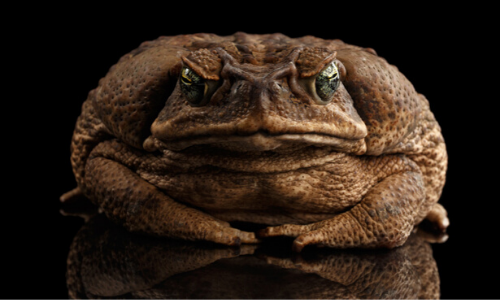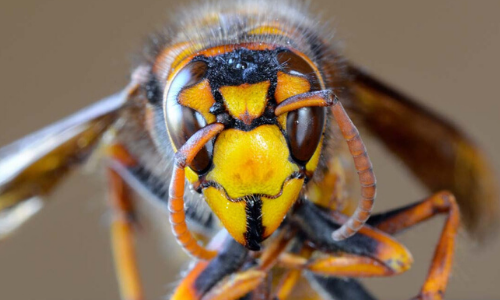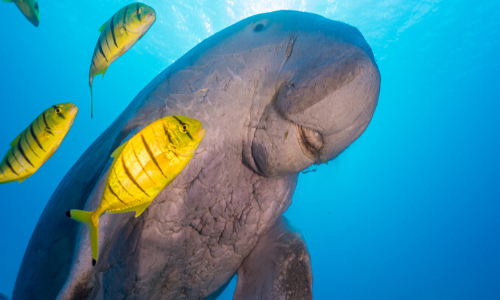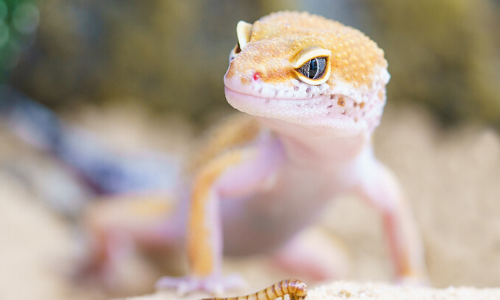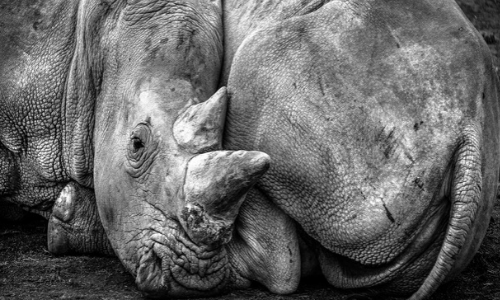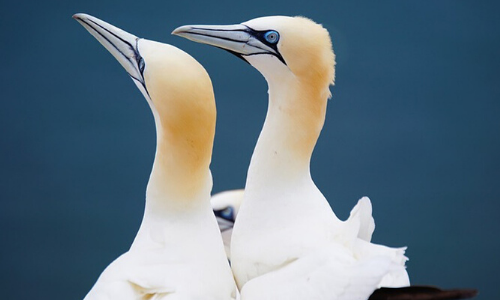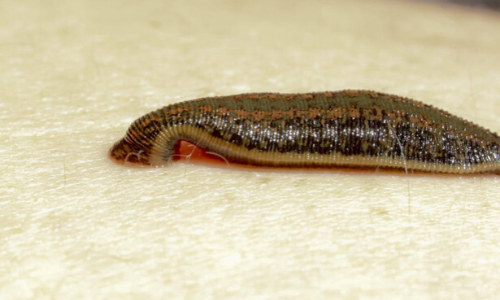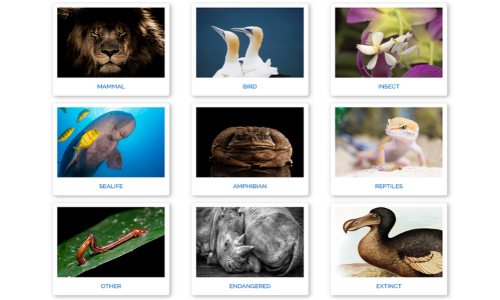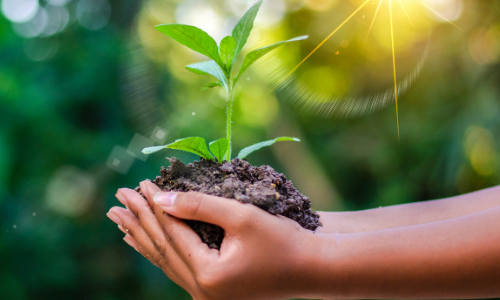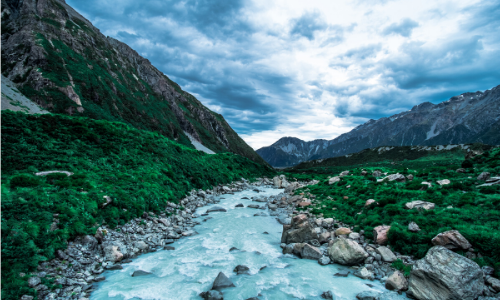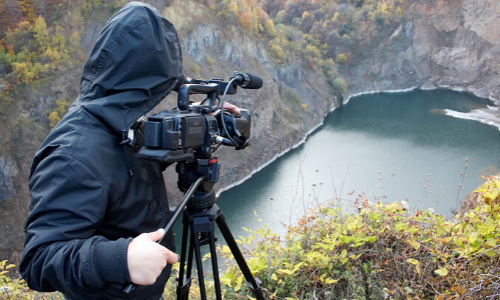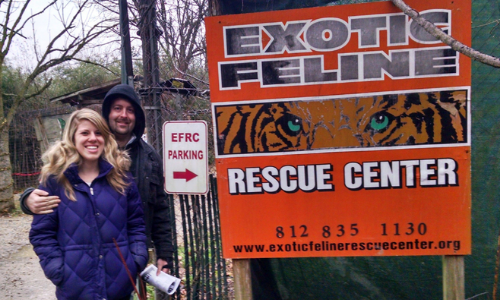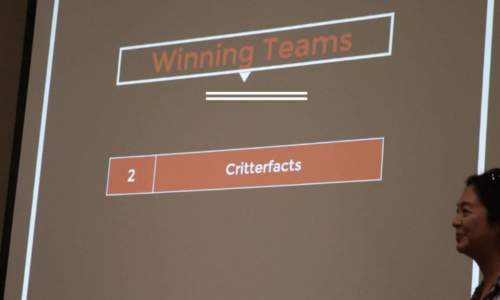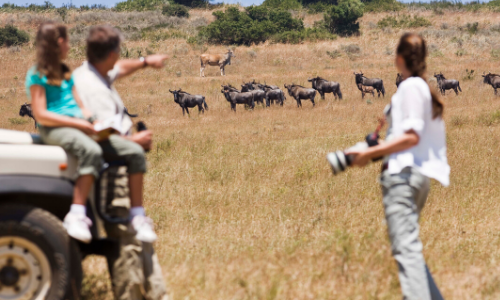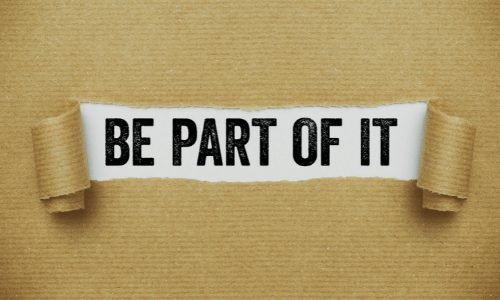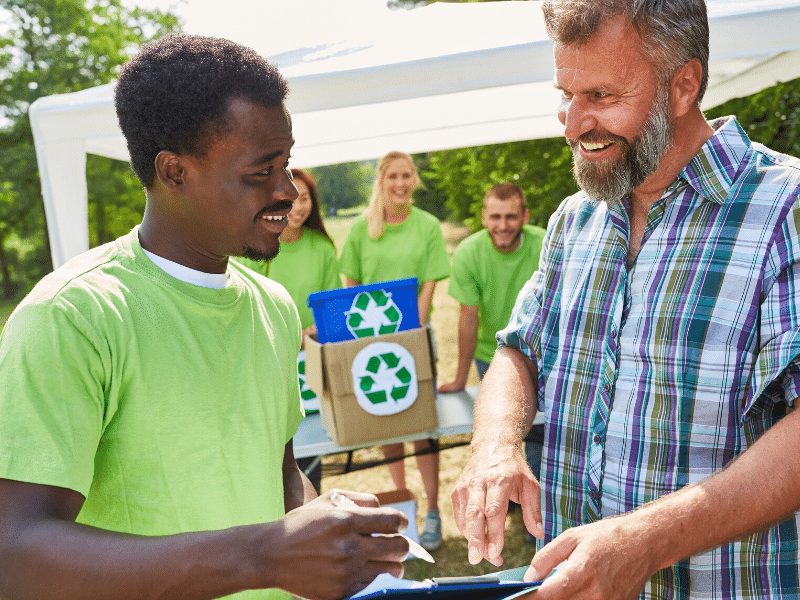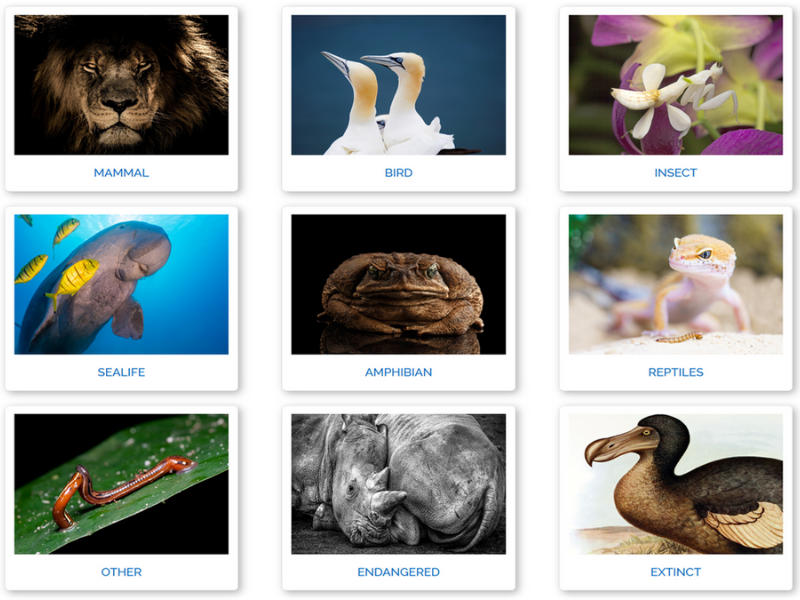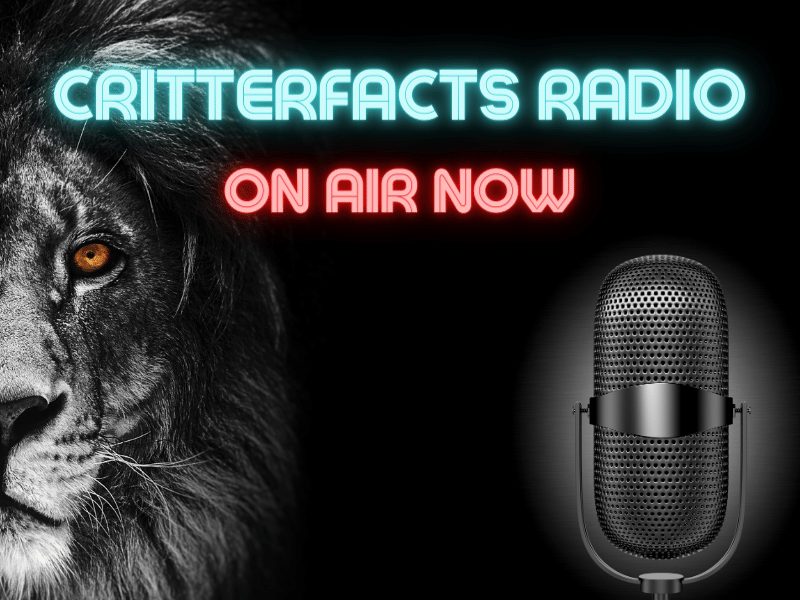Close your eyes. Imagine a scientist.
Lab coats, beakers of colorful potions, and an obsessive tendency to use big words.
Spectacles, wild hair, a potential for explosions.
I’m a scientist. I’ve only used a lab coat a handful of times and my use of big words has more to do with my English major than my career. Picture wide-brimmed hats, uneven tan lines, and a dented set of binoculars. The standard uniform of a certain type of scientist: the field ecologist.
Let me tell you a little bit about us…

1. We’re Hoarders
Walk into any ecology lab and you’ll find samples as old as the lab itself. This past summer I had an internship where the entire upper floor of the storage barn was stuffed with bags and bags of biomass (read: dead plants) from decades ago. Why? “In case they might be useful later.” This might sound like a flimsy excuse to never spring clean and, honestly, I was a little skeptical myself as a young intern, but there’s actually a secret wisdom to this.
One summer, I interned at the Harvard Museum of Comparative Biology’s avian collections. We had specimens from the early 1700s, including golden pheasants hunted by George Washington. But not every bird had been hunted by historical figures, so why keep these specimens at all? Let me give you an example.
My project there measured soot on specimens’ feathers. Because birds shed their feathers every year, the amount of soot on their feathers could be used as a proxy for the amount of atmospheric black carbon for the year that specimen was collected. Thus, we were able to track atmospheric black carbon across the years, beginning from before the Industrial Revolution to modern time. We did this with a spectrometer (an instrument that measures wavelength and frequency of light), technology that has been significantly developed since the 1800s. The original collectors had no idea the specimens would be useful in this way.
Thus, stored specimens/samples have the capacity to yield more data than we can glean from them in our present time. It’s not hoarding; it’s a time capsule for advanced technology to crack open in the future.
2. Pretending to be off-grid
We live in a world of incessant notification pings. Your roommate asking if you can get groceries. Work reminding you of a scheduled zoom meeting. Facebook letting you know it’s great-aunt Magda’s birthday. The news app informing you of the constant humanitarian crises. It never stops, until you have no service.
Most ecologists have a field season, periods of time camping (or in cabins) in remote areas to sample data. As an example of why this is necessary, a graduate student I work with studies avian stress levels at different altitudes—a scenario which would be impossible to replicate in a laboratory experiment. She camps in the mountains. No electricity, no showers, no service.
The first time I did fieldwork, I was worried I would miss something important. The automated email I set up assured anyone that I would respond as soon as possible, and I would stop to check my phone whenever we happened on service. But there came a moment when I realized I’m not as important as I think I am. Life kept on without me.
Now, my phone remains dormant in my bag as I let the whip-poor-will call lull me to sleep, comforted by the knowledge that my I’m off the grid automated email will keep my responsibilities on hold for a couple weeks. This email sends dutifully even when I’m at a site that does have service. But who’s to tell the difference? Not me, not the email, and not the stars.

3. We Find Bad Jokes Funny
We all have that one friend who finds the ‘Why did the chicken cross the road’ joke funny (typically, the one who told the joke in the first place). There’s something about being in the field—camping in remote areas with only a handful of people and much too little sleep—that turns everyone into this person. When you’ve been deprived of all forms of streaming services and when your bread is soggy from last night’s rain, well, your entertainment has to come from somewhere.
One field season, we were two weeks into camping when I found myself humming the VeggieTales theme song. For the subsequent weeks, one of my fieldmates would wake up remembering the next lyric—to her great annoyance and everyone else’s great amusement.
But I always know we’ve reached the fathoms of deliriousness when people laugh at the whale joke. Effectively, it’s a series of funny whale noises followed by a terrible punch line. It’s not a good joke. But told while sitting on a log in the little bit of shade that can be found to a group of people you’ve gotten in and out of scrapes with, nothing could be funnier.
4. Close Team Bonds
My favorite part of my career is my colleagues. There’s exceptions to every rule, of course, but when you’re lumped together with only seven people for three months to sort this grass from that grass—a task requiring your hands and eyes—there’s not much to do except bond.
Harry Potter audiobooks can only do so much over the course of eight hours. So, where are you from? eventually becomes Let me tell you the story of the time I fainted while feeding the penguins. Laughter, a shared love of nature, and a certain number of misadventures work together to forge strong bonds that heighten my love of ecology much more than any symposium.

Overall, ecologists are funny (to the delirious crowd), passionate, outdoorsy people who have great stories to tell. So, next time you see Breaking Bad or any rendition of Frankenstein, remember there’s a whole strain of scientists who live outside the lab and sleep under the stars.


